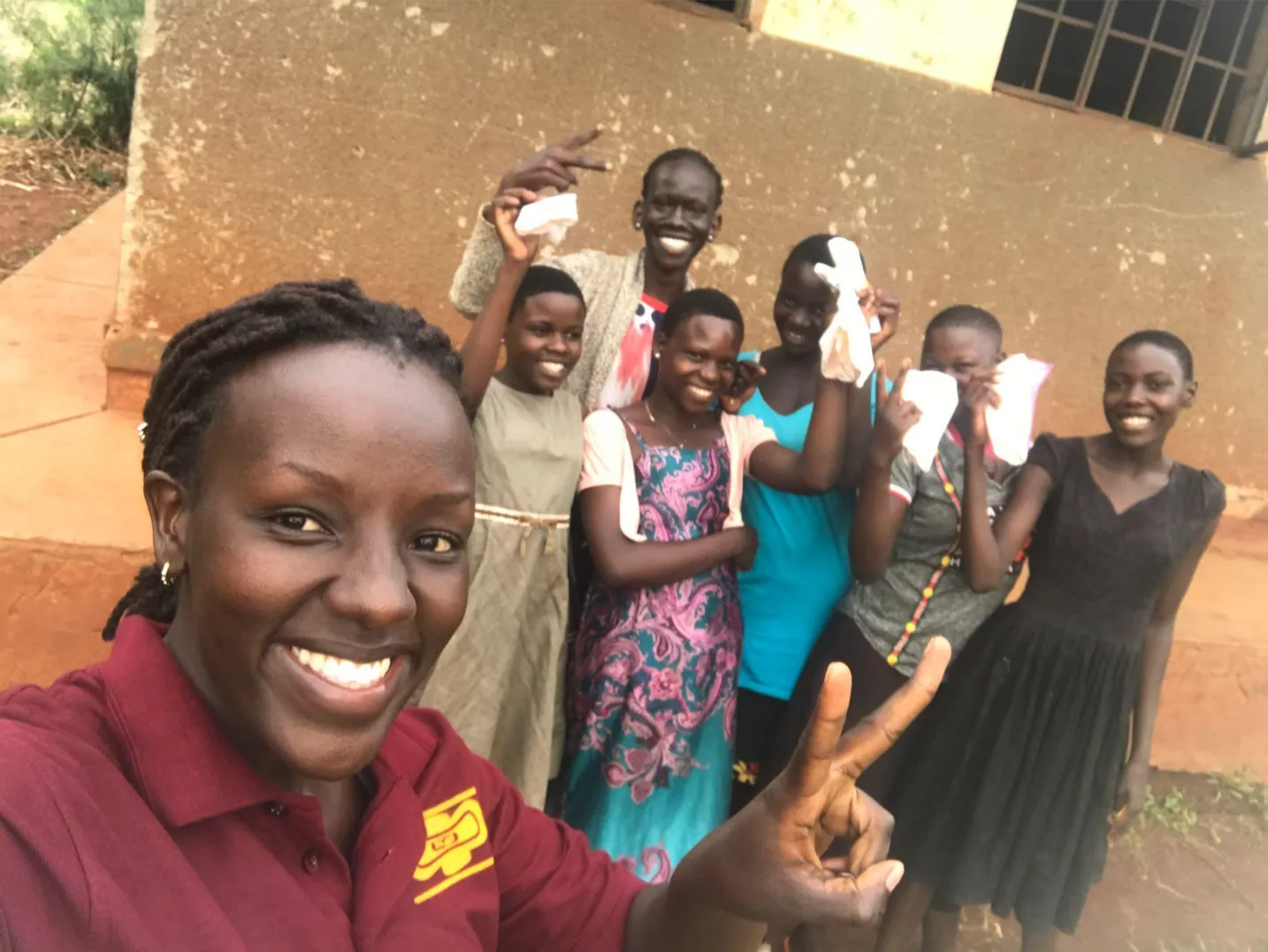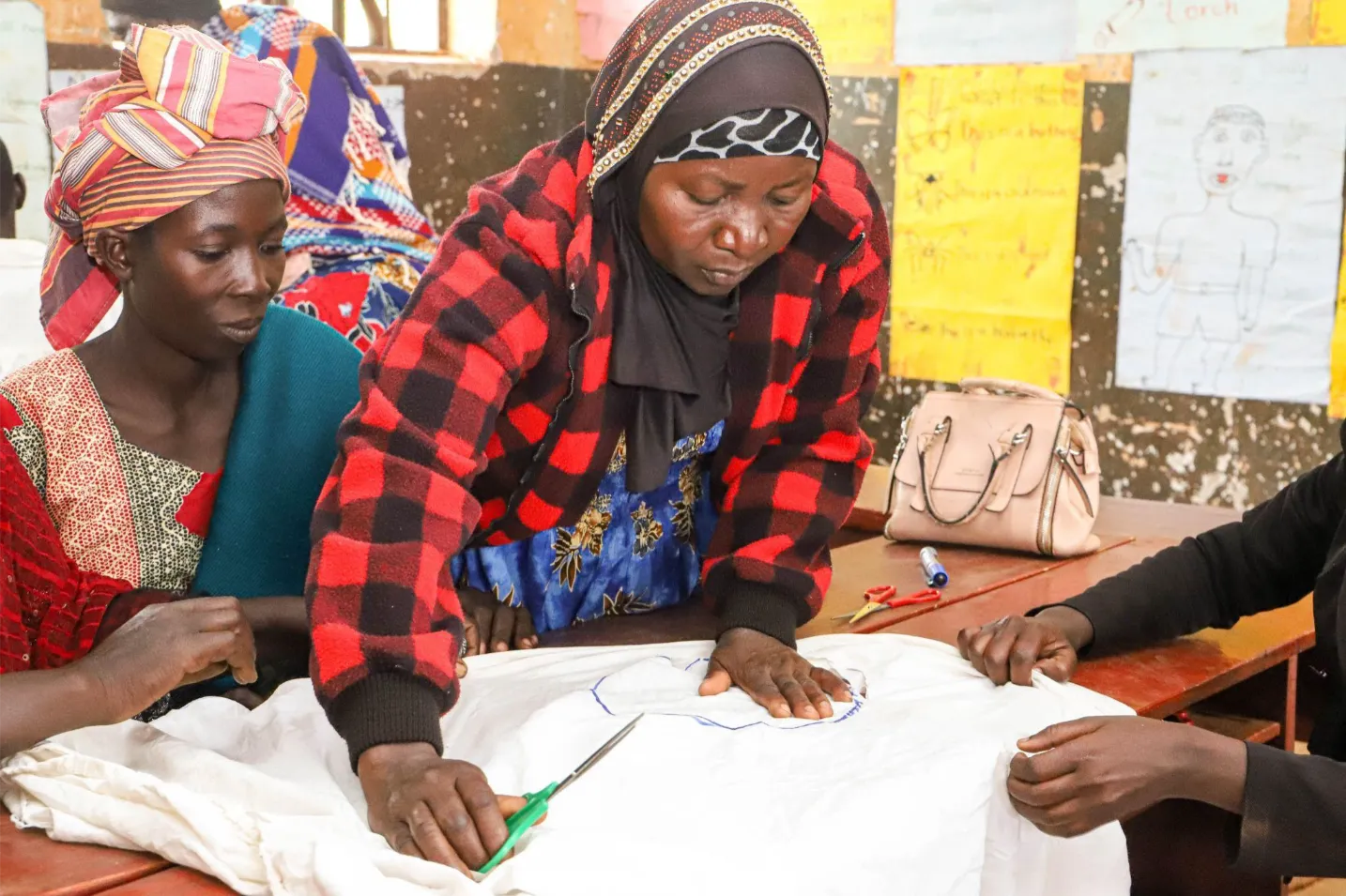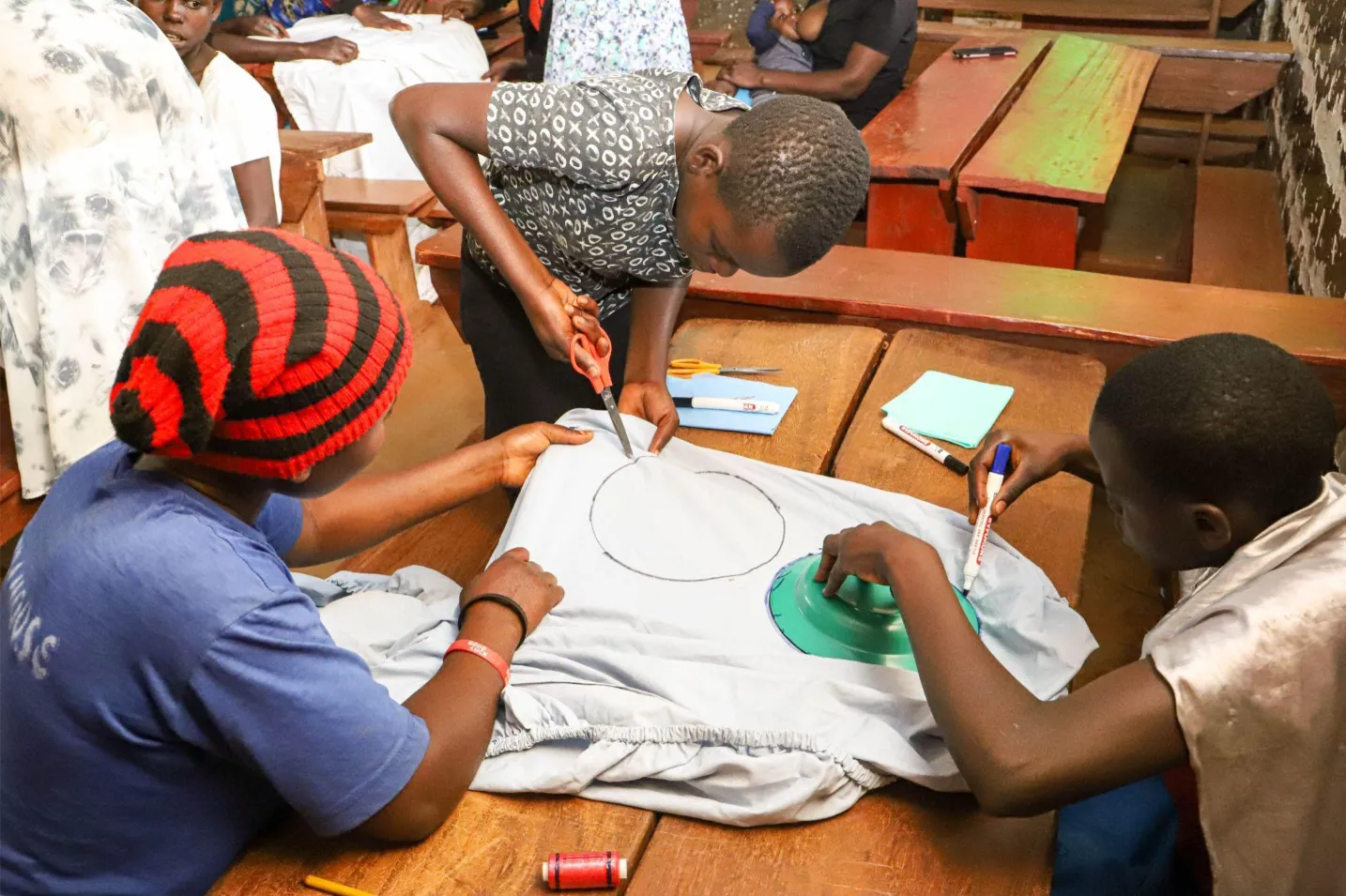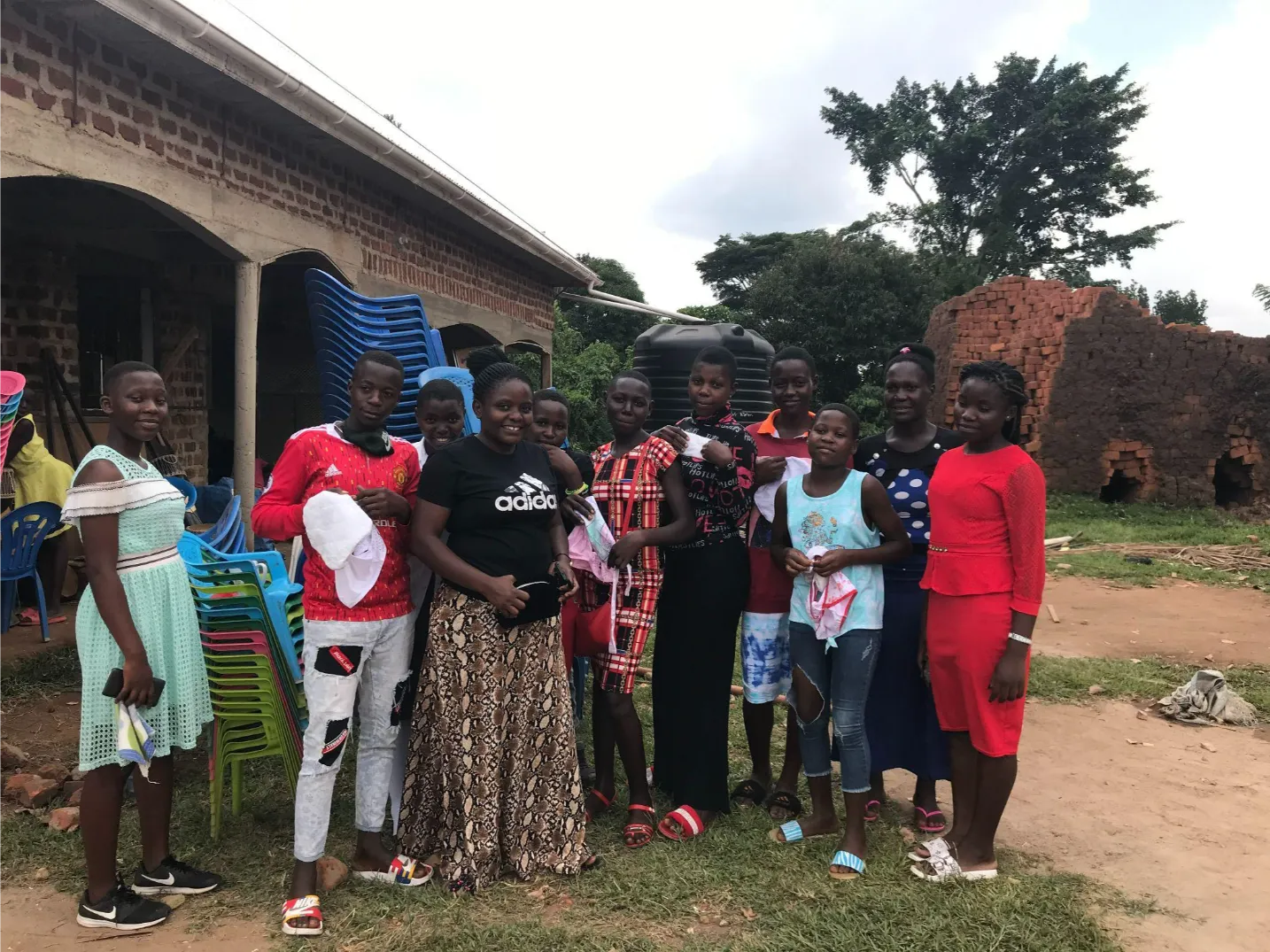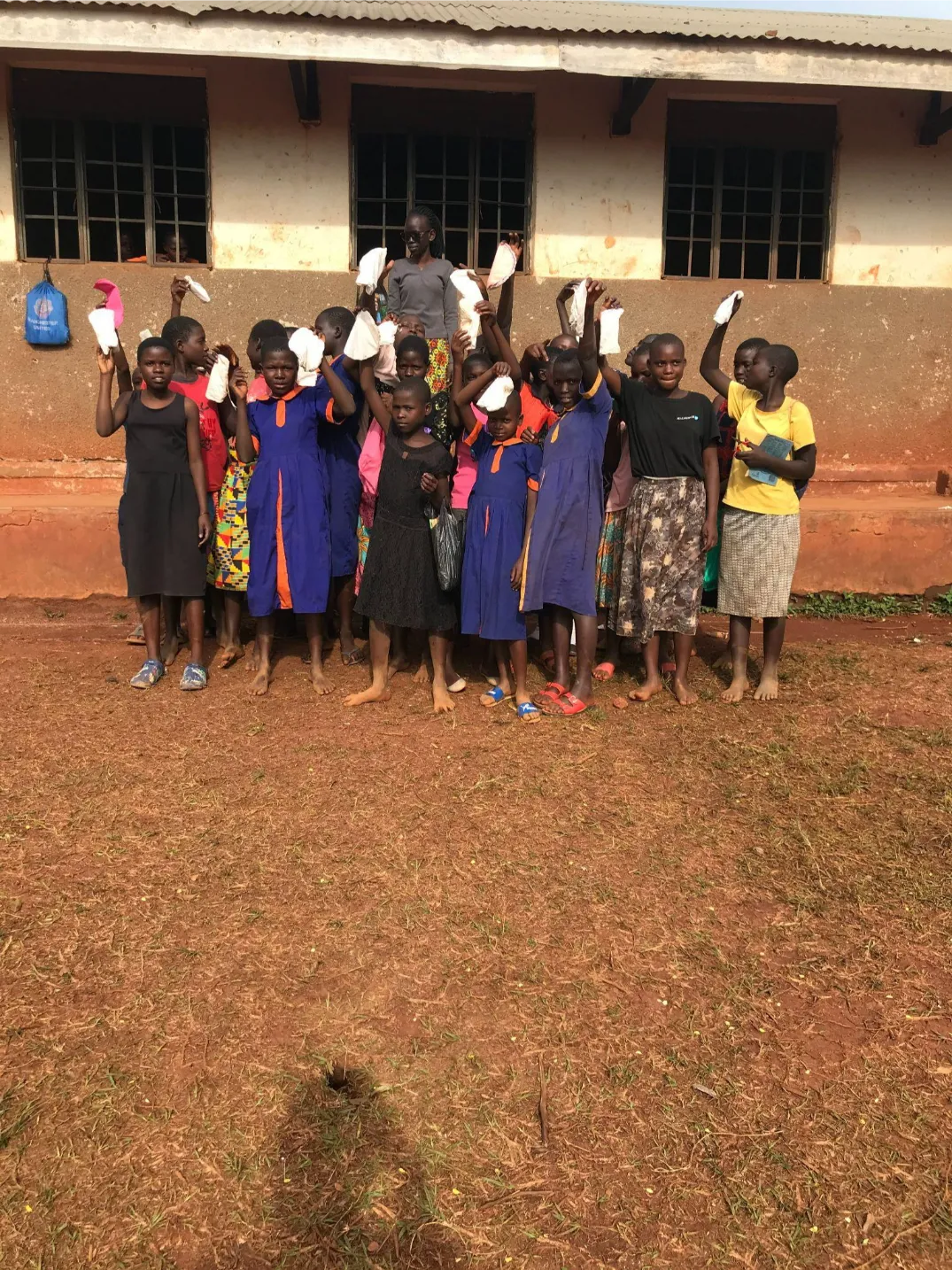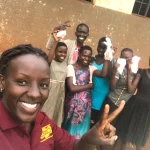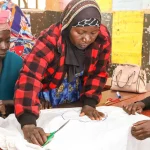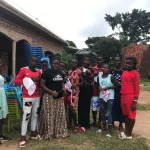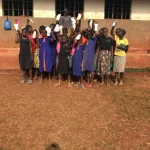Teacher: Britah Atusimiire

Britah Atusimiire
Britah has been a teacher for two years and is also a community mobilizer for education, equality and menstrual hygiene. She teaches in Mayuge district in the east of Uganda, teaching children aged between six and 16. Britah has found great satisfaction in teaching her students basic literacy techniques, which many of them missed out on due to not having access to early years education. She is also passionate about empowering her students to tackle period poverty and environmental issues. She is inspired by a desire for a sustainable future where younger generations can have a safe environment to play, learn and maximize their full potential. She also currently volunteers in the Human Resources department at the International Refugee Committee.
Usefull links related to the Solution
Overview
An extreme drought in Mayuge district in Eastern Uganda led to food shortages and the local boreholes drying up. One teacher, Britah, was alarmed to see children coming to school hungry in the rural community where she was living and working. She was also concerned about the health and social issues the girls in the school were experiencing- including issues with menstrual health and hygiene. These experiences led Britah to take action and so she started an educational campaign to mitigate the effects of climate change in the area with a focus on girls empowerment.
Theory of Change
The effects of the drought were increased due to excessive deforestation which has occurred in the area. The use of disposable sanitary pads was also causing waste disposal issues. The educational campaign, therefore, combined educating students and their families about tree planting and managing sanitary waste. Through targeting these two issues Britah aimed to empower girls and to positively improve sustainability practices in the whole community.
Approach and Actions
Britah started by educating her students about the effects of deforestation and sanitary waste on the environment. This led to Britah and her students designing a campaign to plant more trees, it was decided that the girls would plant a tree every month after their periods and would name the tree as well. Later, a parental information campaign was started which led to parents also embracing the new knowledge and leading to the planting of trees around the family homes. Alongside this intervention, the girls were also taught to make reusable sanitary pads.
Impact
The tree planting campaign was successful with over 200 trees planted in the school and in the community. Some of the trees provide fruit which provides nutritional benefits to the community. The long-term benefits of the tree planting campaign on droughts in the area remain to be seen but will hopefully be seen in the near future. There has also been a decrease in the burning of or burying of sanitary waste which has had a positive impact on the local environment. It has also been noted that community members and students have an increased interest in maintaining the local environment and in planting trees.
